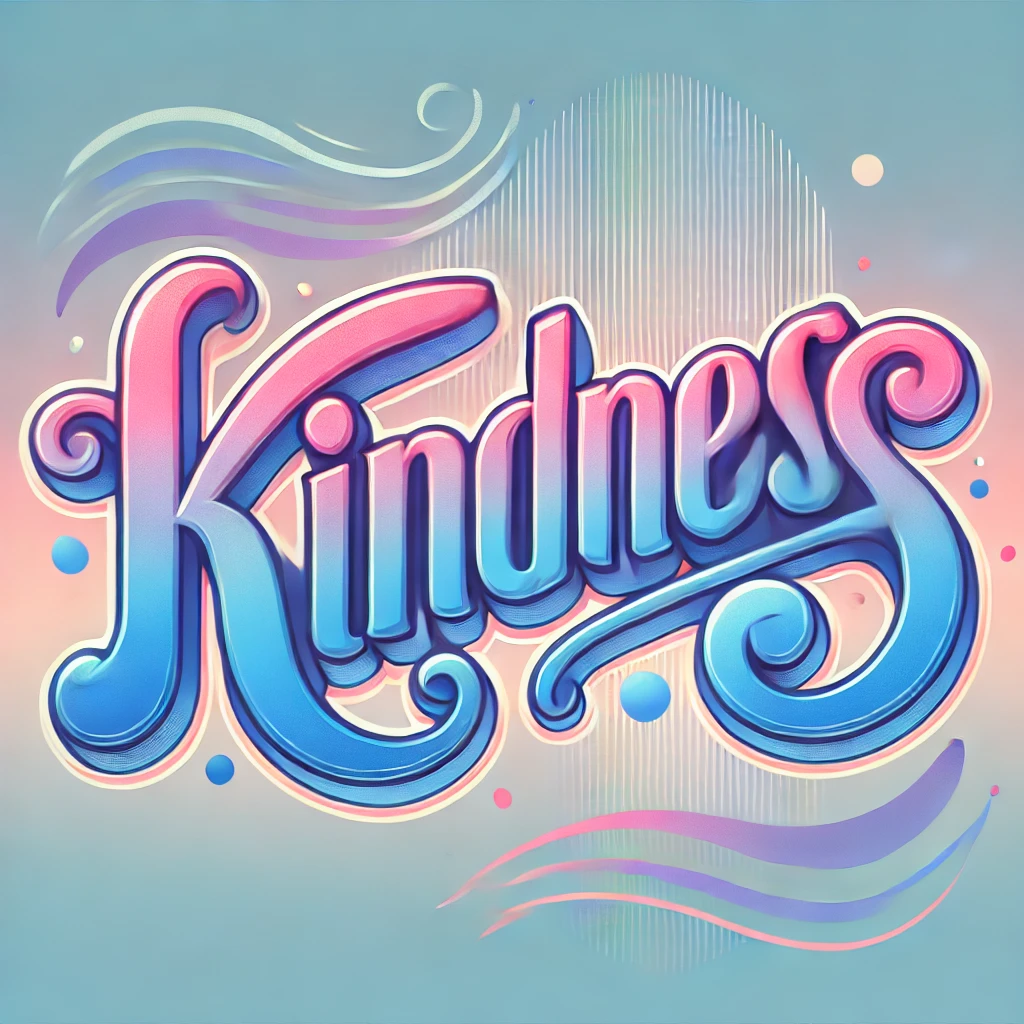In a world that often feels fast-paced, chaotic, and filled with challenges, it’s easy to overlook the small, everyday gestures that can make a big difference in someone’s life. Random acts of kindness, those spontaneous and selfless actions performed without expecting anything in return, profoundly impact both the giver and the recipient. Though seemingly simple, these acts create ripples of positivity that can spread far beyond their initial moment.
The Power of Kindness
Kindness is more than just a nice thing to do; it’s a force that can shift an entire day’s energy. It can turn a bad moment into a good one, lift someone’s spirits when they least expect it, and remind us of the shared humanity that connects us all. These small gestures can make the world feel slightly warmer, whether it’s offering a smile to a stranger, paying for someone’s coffee, or leaving a kind note on a colleague’s desk.
Research backs this up. Studies have shown that acts of kindness not only improve the well-being of the recipient but also enhance the happiness of the giver. Engaging in kind acts activates areas of the brain associated with pleasure and reward, releasing chemicals like serotonin and dopamine that improve mood. Practicing kindness has been linked to reductions in stress, anxiety, and depression. This mutual benefit—the ability to uplift both ourselves and others—makes kindness one of the simplest yet most effective tools for improving mental health.

Why Random Acts?
The spontaneity of random acts of kindness adds more magic to them. These are not planned or expected actions; instead, they occur organically, catching people by surprise. This surprise can make the act feel even more special and meaningful in a society where many things are predictable.
Imagine a person having a rough day, burdened by stress or sadness, and someone unexpectedly holds the door for them with a warm smile. Or someone receives an anonymous bouquet of flowers on their desk just because. These acts don’t fix life’s big problems, but they offer a moment of relief, a break in the clouds, and a reminder that they are not alone.
These moments can serve as a wake-up call to the goodness that still exists in the world. In times of global uncertainty or personal hardship, random acts of kindness have the ability to restore faith in humanity, even if just for a fleeting moment.
The Ripple Effect
One of the most beautiful things about random acts of kindness is how they tend to create a ripple effect. When someone experiences an act of kindness, they are often inspired to pay it forward. This chain reaction can continue indefinitely, spreading kindness from one person to the next, building a network of goodwill across communities and even countries.
The ripple effect doesn’t stop at individual acts. Kindness in the workplace can improve morale, foster collaboration, and create a more positive work environment. In schools, children who experience kindness are more likely to engage in prosocial behavior and develop empathy. Even at the community level, kindness can break down social barriers, bring people together, and help create a sense of belonging.
One well-known example of this ripple effect can be seen in the phenomenon of “paying it forward” at coffee shops or drive-thrus. One person buys a coffee for the person behind them, and that person, feeling uplifted, decides to do the same for the next customer. This simple act continues for hours, or even an entire day, spreading joy to dozens of people in the process.
Kindness in Everyday Life
Incorporating random acts of kindness into everyday life doesn’t have to be a grand gesture. It can be as simple as complimenting someone, sending a thoughtful text message, or holding the elevator for a stranger. These small acts don’t require much time or effort, but they can make a significant impact.
Here are a few ideas to get started:
- Leave a kind note: Whether it’s on a car windshield, a colleague’s desk, or in a library book, a kind note with a positive message can brighten someone’s day.
- Compliment a stranger: A simple “You have a great smile” or “I love your outfit” can boost someone’s confidence and make them feel seen.
- Help someone in need: If you see someone struggling with groceries or a heavy bag, offer to help carry it. The extra effort goes a long way.
- Donate your time: Volunteering at a local charity, helping a neighbor with yard work, or spending time at a nursing home are all wonderful ways to give back.
- Be a good listener: Sometimes, the most meaningful act of kindness is simply being present and truly listening to someone who needs to talk.
Kindness and Connection
At its core, kindness fosters connection. In a world where people often feel isolated, especially in the age of technology, these small human interactions remind us of our interdependence. They create moments of shared experience, bridging gaps between people who might otherwise never cross paths.
When we practice kindness, we acknowledge that everyone is fighting their own battles. It opens the door to empathy, allowing us to see the world through someone else’s eyes, even if just for a moment. This shared understanding is crucial for building compassionate communities and fostering an environment where people feel safe and supported.
Conclusion: A Call to Kindness
Random acts of kindness may seem like small, fleeting moments in the grand scheme of things, but their impact is far-reaching. In a world that can sometimes feel divided and disconnected, kindness is a bridge that brings people together. It reminds us that we are all part of the same human family, capable of making a difference, no matter how small.
So, the next time you’re out in the world, take a moment to practice a random act of kindness. Hold the door, offer a compliment, or simply smile at a stranger. You never know what kind of ripple effect you’ll create—or how deeply it will touch someone’s heart.


